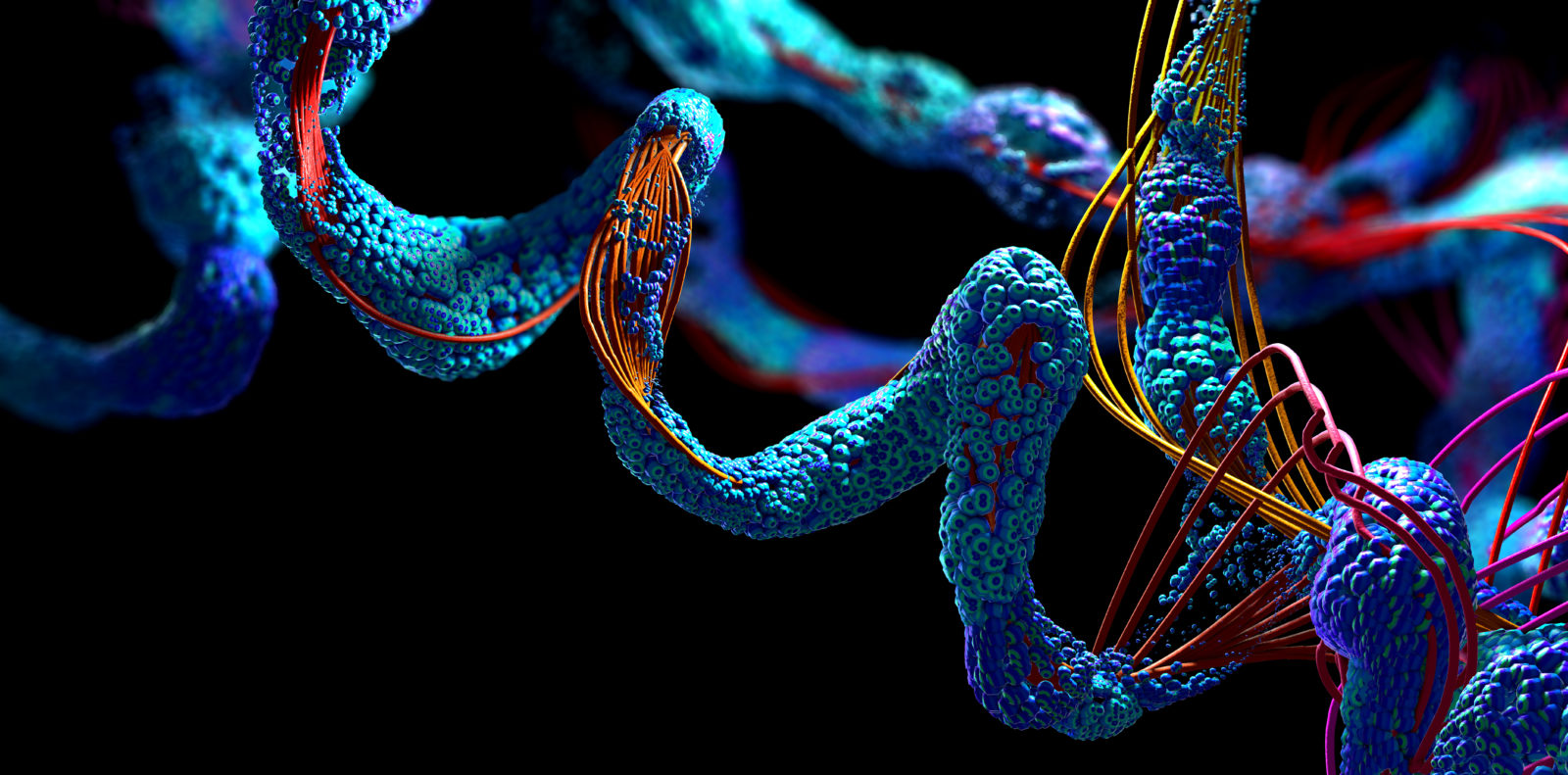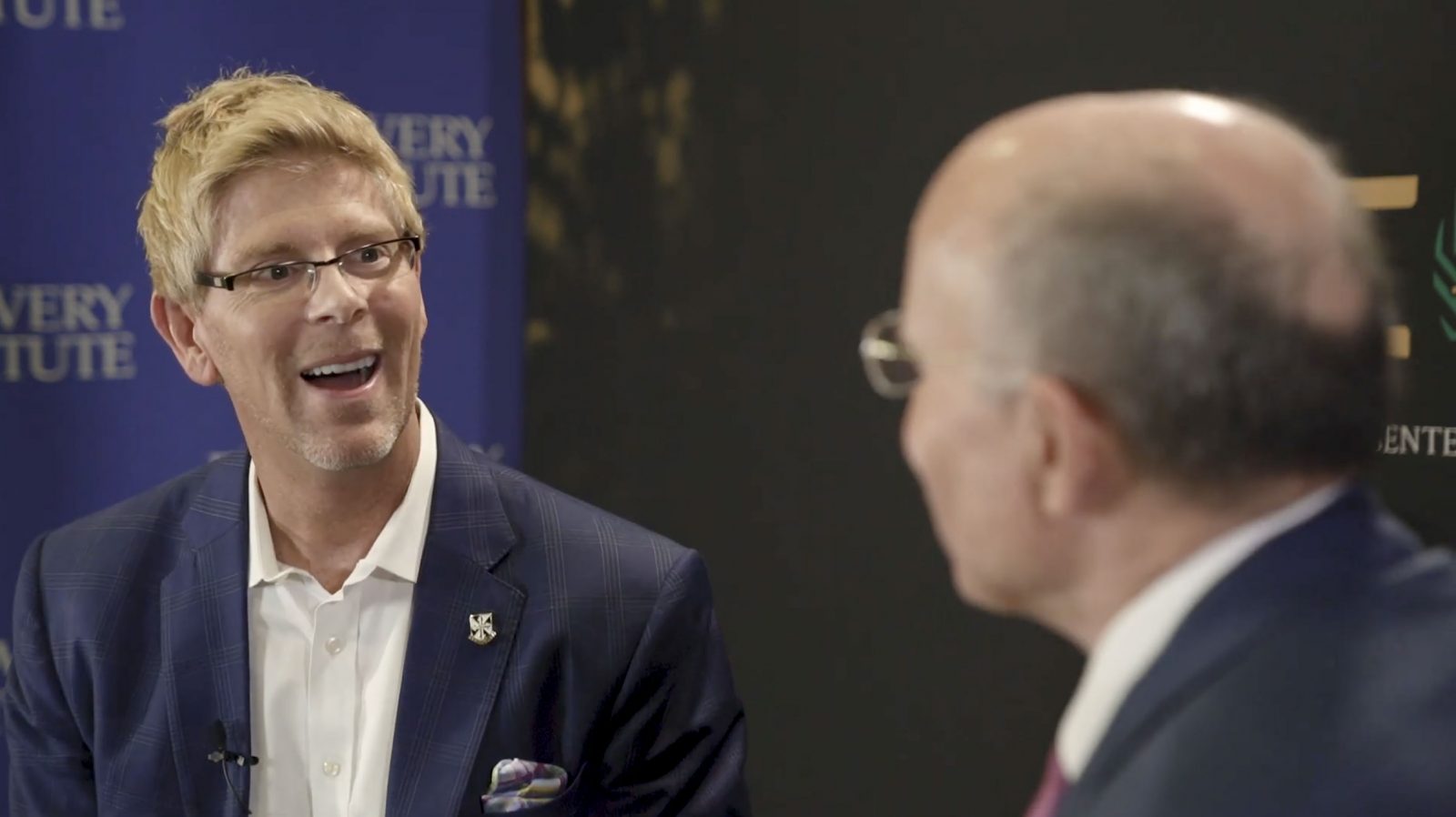
Powerful Protein Folding Algorithm AlphaFold Foiled by Singletons
Today’s ID the Future spotlights AlphaFold, an artificial intelligence program in the news for its impressive breakthroughs at predicting a protein’s 3D structure from its amino acid sequence. Philosopher of Biology Paul Nelson walks listeners through the importance of this “amazing breakthrough,” as he describes it in a recent Evolution News article; but don’t uncork the champagne bottles just yet. The reason, according to Nelson, is that while proteins, protein sequences, and protein folding promise to reveal much that is still mysterious in molecular biology, we now know that biological information involves far more than just an organism’s proteome—that is, far more than the full suite of proteins expressed by an organism. Nelson uses analogies to manmade machines and cognates Read More ›

